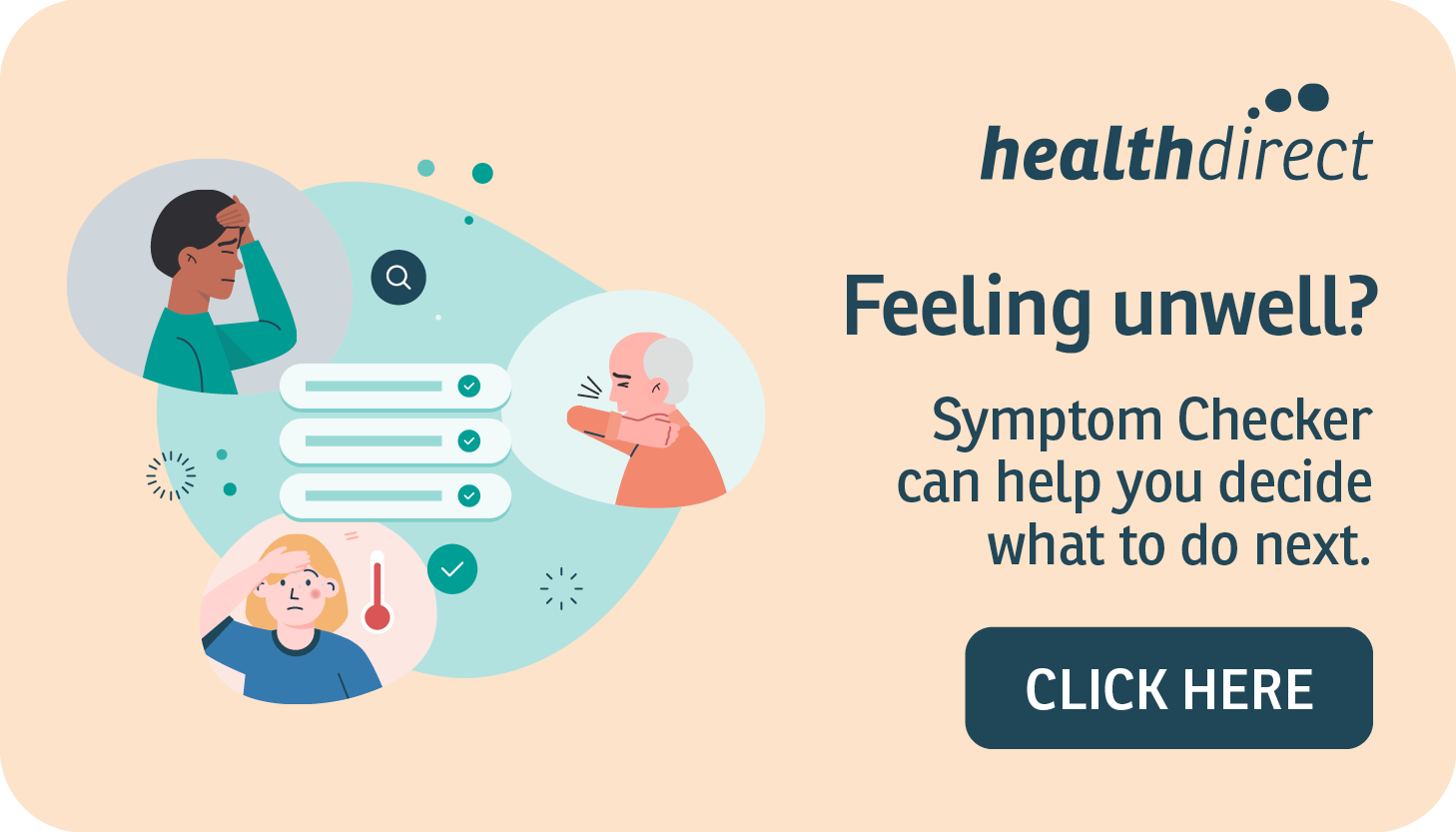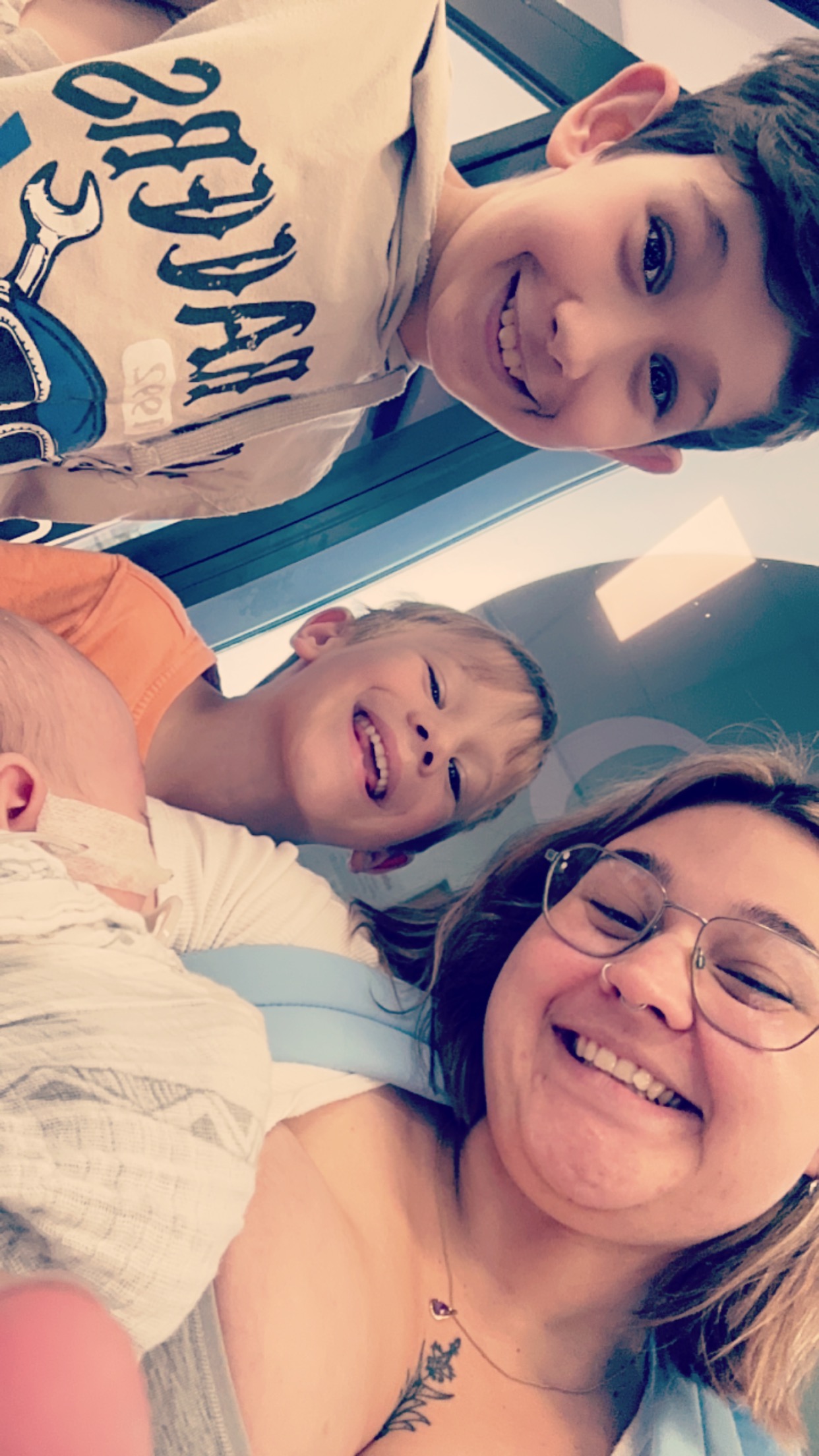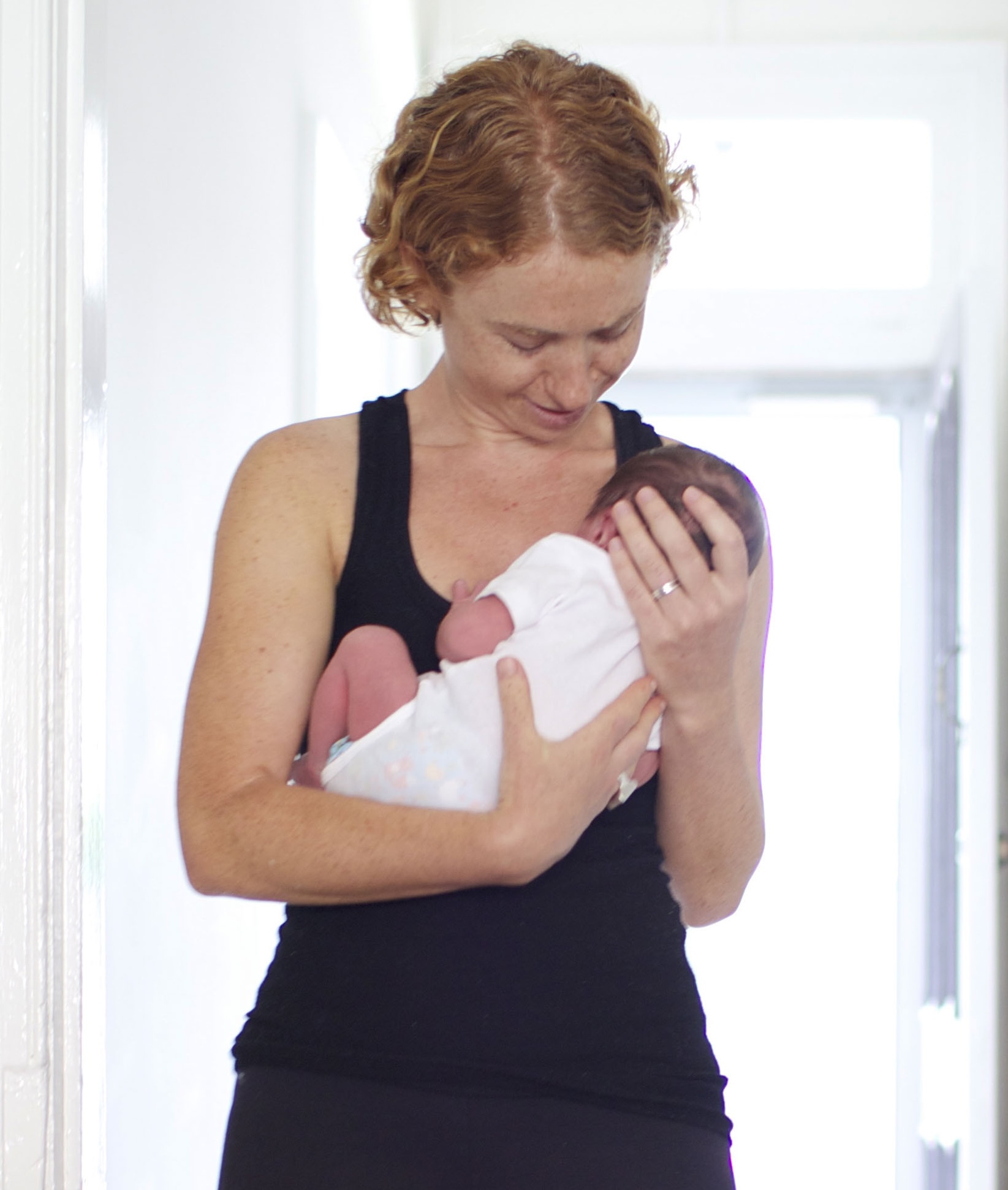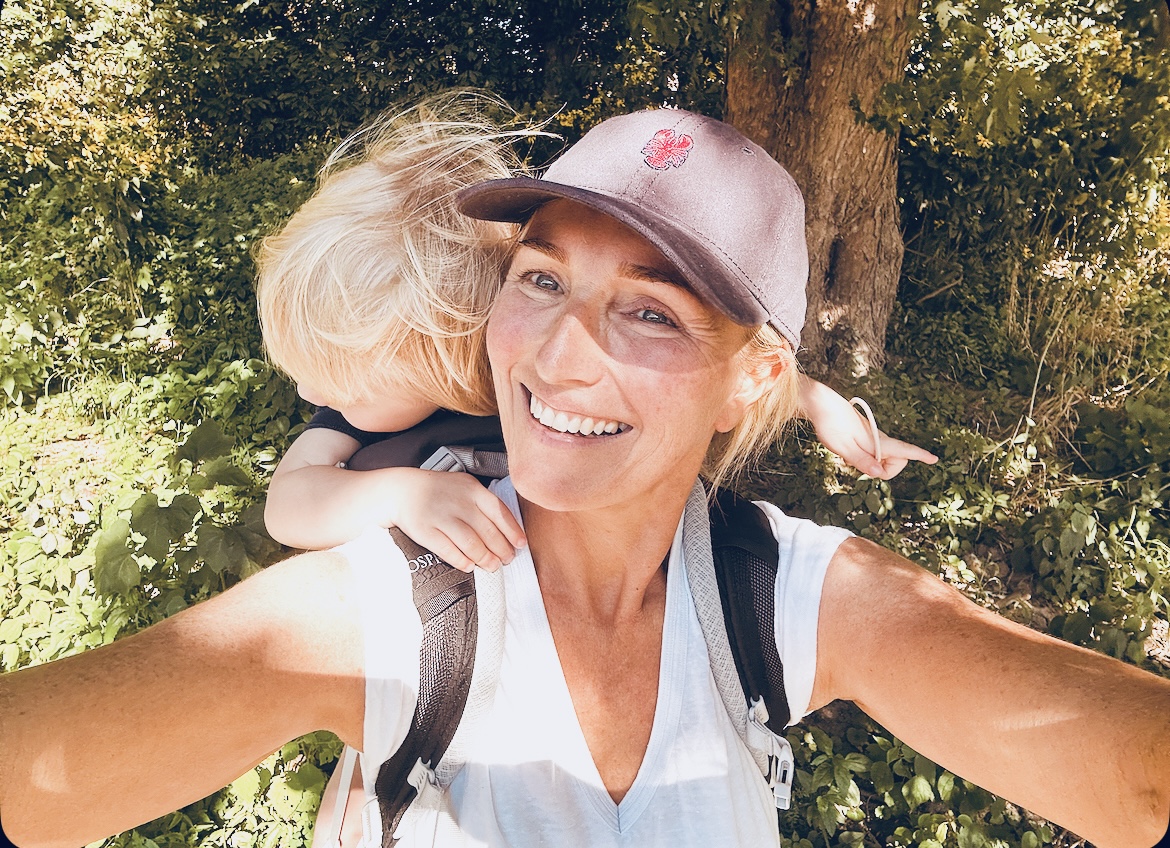Sometimes, it only takes a sentence to take off your blinkers, and make you see what you’ve been sugar-coating – or avoiding. My son was six months old, when the sadness I carried – a ‘soul sadness’ as my healer called it – became impossible to ignore any longer.
It came in the car, to the supermarket, it lay in bed beside my husband, it wrapped itself around my son’s cot: I didn’t know its cause but I did feel its impact. Yet, I needed someone else, a few steps away, to point it out to me.
As a journalist, who has specialised in writing about health and emotional wellbeing for over a decade you’d think I’d know the signs, of even a mild version. But mental disturbances are masters of disguise. They can convince you’re that they’re something else – work stress, sleep deprivation, the end of a cold. All of those elements were a factor but my feelings ran deeper.
The Postnatal side effects I’d been feeling – weepiness, despondency and morbid thoughts that continued for months – needed to be named and treated. They also couldn’t be fixed with my usual remedies (meditation, yoga, dunks in the ocean). This time this wasn’t enough, which was the hardest pill to swallow.
“But, I’m an earth mamas!”
“But, I have easy pregnancies!”
“But, I have perfect births.”
These internal monologues were more unsettling than any of the hormones sweeping around my body. Eight months earlier, at my first appointment with my midwife, when I’d flagged the fact mental illness runs in my family, I’d been so blasé: “Oh, but I know how to combat it!”
As an author, I’ve written an entire book about ‘how to overcome adversity joyfully’ – but now it felt like my past was catching up with me. When I went to see my doctor, even she suggested, “could it be grief resurfacing?”
It would have been easy – and so simply – to blame events of eight years earlier, when I was widowed three weeks after my wedding when my first husband died of cancer. But I knew this wasn’t the grief of an old relationship, although it felt similar.
Love can feel like sadness.
That’s the greatest lesson I’ve learnt from motherhood. Or, it can be so closely intertwined with sadness that you can’t tell them apart. The guilt I feel when my daughter is hurt – that is love. The frustration I feel when I can’t match her joy – that is love.
The grief I feel when I think about the day we’ll say goodbye – that is love. As is the weight I feel when I wonder how I can fulfil my roles as a writer, a mother, a partner and more. Now, that love just needed to be smoothed out and thinned out – in a good way – so I could breathe again.
As I write this, my daughter is three and my son is 18-months-old. As I emerge, with relief, from an off-day that became an ‘off-season’, I talk very openly about the precise changes that helped me. Because, telling someone to ‘count your blessings’ isn’t enough.
- Shedding: For me this word, which became my mantra, mainly applied to work – letting go of projects that weren’t perfect for me, and not saying yes out of expectation and guilt.
- Testing: After blood tests, I discovered my B12 levels were rock bottom (symptoms include: depression, moodiness, loss of sex drive). I cried with relief when the nurse giving my first B12 injection said, “With levels this low, I have no idea how you’ve been taking care of two children.”
- Podcasts: To combat the loneliness of motherhood, especially when you live in a rural location, I found solace in incredible podcasters like Amy Taylor Kabbaz of the Happy Mama Movement (where I learnt about Postnatal Depletion), The Grief Cast and Supersoul Sunday.
- Company. Our neighbours and their baby moved in with us whilst their house was being renovated and surprisingly, as an introvert, I found their energy lifted our home instantly, and reminded me all parents go through similar struggles.
- Bringing your whole self. After going to a job interview when I didn’t even mention I had children, I promised myself that I’d be myself – my whole self – in every situation, especially work. In fact, my toughest period of parenting (sleepless newborn, toddler with night terrors) inspired a children’s book, designed to emotionally soothe the whole family.
Above all else, learn from love.
This is a piece of advice my mum gave me during my last pregnancy.
One of the reasons I put off dealing with my condition is because the effort felt exhausting and the energy of ‘fixing’ something felt too stern. But it all felt easier, softer and gentler when I could see my distress as a side-effect of love – the love it took to create my babies, birth my babies and devote myself to their care.
As I write life, my life is in transition again and it’s not entirely comfortable. My daughter fills my day with passion, creativity and feistiness. My son has a vulnerability that I don’t think he’ll ever outgrow.
She was sent to teach me.
He was sent to heal me.
My family are learning from love, together.
Whether you’re parents or not, there will be times when you’re further into the shade than the sun. Soften. Live in love instead of fear. Cry when you need to. Most importantly, reach out for support from someone you can share your whole self with.
As I write this, I am lovingly sad. I am hopefully sad.
And, for today, that’s enough of a recovery.
@amy_molloy
Amy's Story
Please submit your details below and we will be in touch soon.
Related Fact Sheets

a new mum's story
this Christmas













.png)








.webp)

.png)

